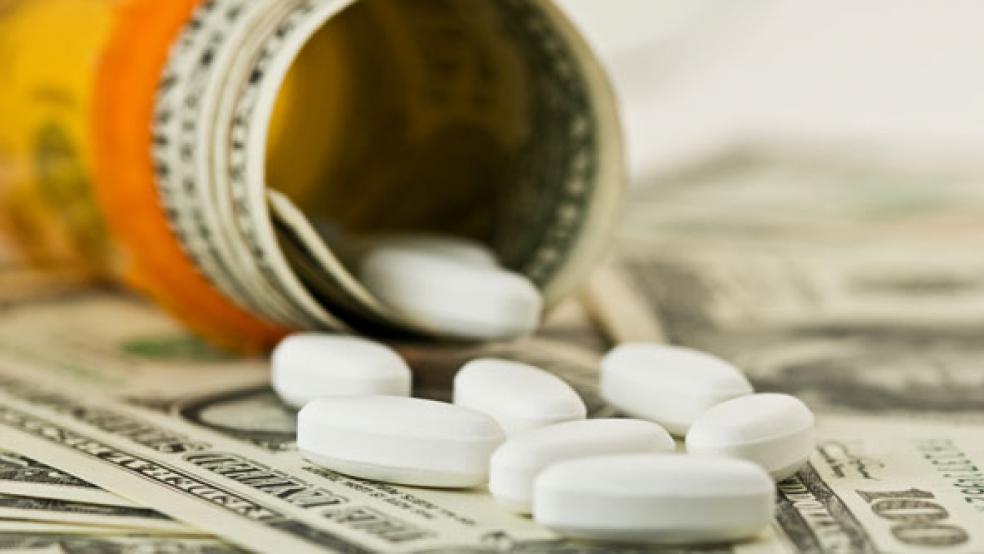Medicare could have saved billions of dollars on generic drugs in recent years if it used a streamlined distribution system like retail giant Costco, according to an analysis published Tuesday in the journal JAMA Internal Medicine.
Researchers at the University of California’s Schaeffer Center for Health Policy and Economics compared what the Medicare Part D prescription drug program paid for 184 common generic drugs with the prices available at Costco to patients without insurance. They found that Medicare overspent by billions.
“Medicare overspent by 13.2% in 2017 and 20.6% in 2018 compared with Costco member prices for these prescriptions,” they wrote in their analysis. “Total overspending increased from $1.7 billion in 2017 to $2.6 billion in 2018.”
Medicare patients filling their prescriptions didn’t cover that entire tab themselves. Their average cost sharing in 2018 was $1 for preferred generic drugs and $6 for nonpreferred ones — and about 30% of beneficiaries got low-income subsidies that left them with little to no cost-sharing. But the USC researchers suggest that those low out-of-pocket costs only hide the broader systemic ones borne by Medicare beneficiaries and taxpayers in general.
“These low [out-of-pocket] costs mask the fact that Medicare overpaid on 43.2% of prescriptions for the most common generic medicines that year,” they say in their report. “With generic medications accounting for 22% of Part D spending, eliminating generic overspending could significantly reduce beneficiary premiums and federal spending.”
The researchers say that Medicare’s “complex and opaque system of intermediaries” introduces inefficiencies that “Costco largely bypasses.”
CNN’s Maggie Fox and Tami Luhby explain:
“Medicare contracts with insurers to provide Part D coverage, and insurers work with pharmacy benefit managers (PBMs) to run the drug benefits. The PBMs are often owned by the insurers, which can complicate incentives to provide the lowest price to Medicare and taxpayers.
“Also, the Part D program hasn't kept up with the changes in the industry that have reduced Medicare beneficiaries' drive to shop for plans based on premiums. Many enrollees are now in private Medicare Advantage plans, which include Part D benefits.”
The bottom line: Erin Trish, associate director of the University of Southern California’s and an author of the report, told CNN said that Medicare needs to strengthen incentives for insurers to get more value from the pharmacy benefit managers and increase transparency across the supply chain.
"I think that the issue is not that the PBMs can't negotiate low prices, but rather that they don't have a strong enough incentive to pass those on to the consumer (in the way that Costco does),” Trish told CNN. “More transparency and competition in the supply chain would help, as would improvements to Part D to enhance competition among plans.”





